John R. Williams
Parallel Automatic History Matching Algorithm Using Reinforcement Learning
Nov 14, 2022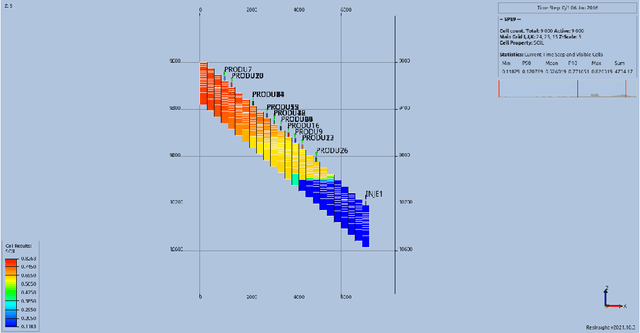
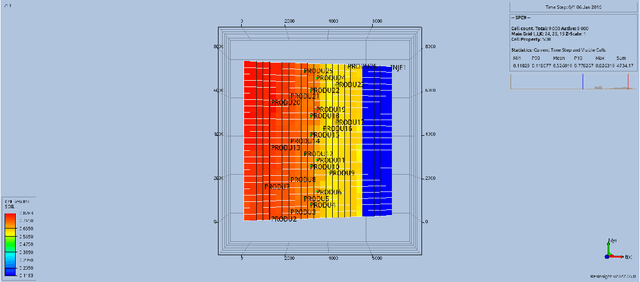
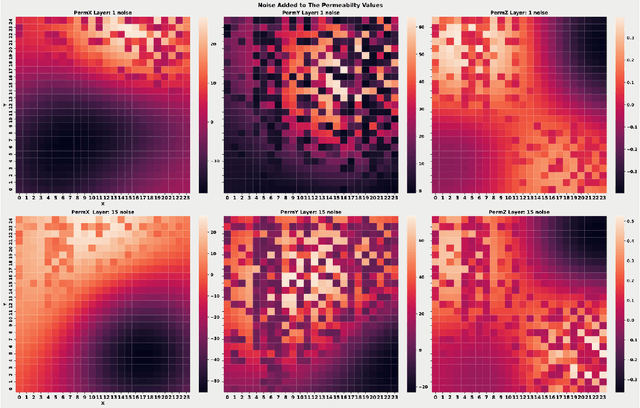
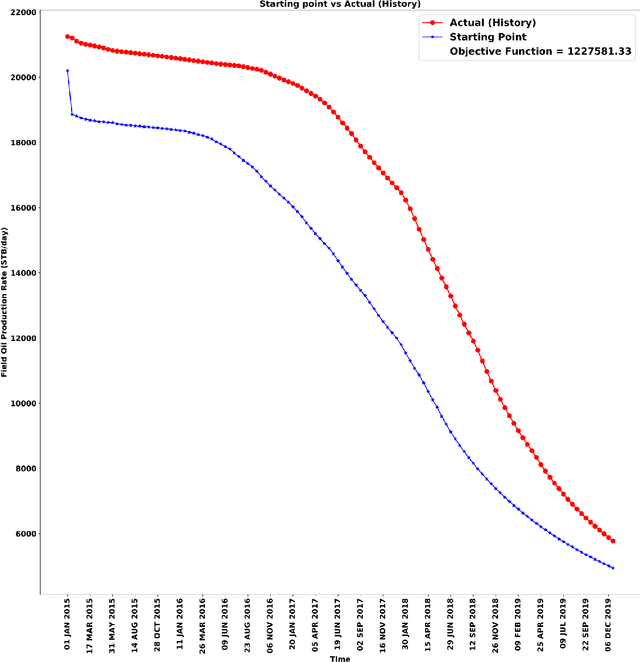
Abstract:Reformulating the history matching problem from a least-square mathematical optimization problem into a Markov Decision Process introduces a method in which reinforcement learning can be utilized to solve the problem. This method provides a mechanism where an artificial deep neural network agent can interact with the reservoir simulator and find multiple different solutions to the problem. Such formulation allows for solving the problem in parallel by launching multiple concurrent environments enabling the agent to learn simultaneously from all the environments at once, achieving significant speed up.
Towards Better Shale Gas Production Forecasting Using Transfer Learning
Jun 21, 2021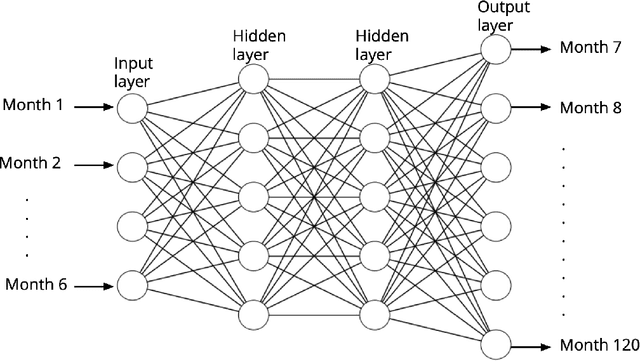
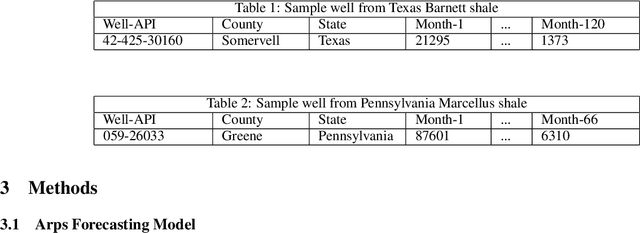

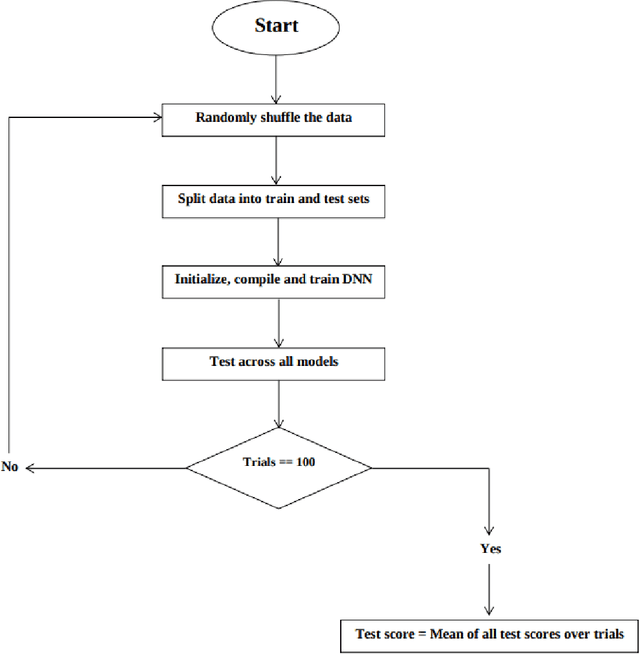
Abstract:Deep neural networks can generate more accurate shale gas production forecasts in counties with a limited number of sample wells by utilizing transfer learning. This paper provides a way of transferring the knowledge gained from other deep neural network models trained on adjacent counties into the county of interest. The paper uses data from more than 6000 shale gas wells across 17 counties from Texas Barnett and Pennsylvania Marcellus shale formations to test the capabilities of transfer learning. The results reduce the forecasting error between 11% and 47% compared to the widely used Arps decline curve model.
 Add to Chrome
Add to Chrome Add to Firefox
Add to Firefox Add to Edge
Add to Edge